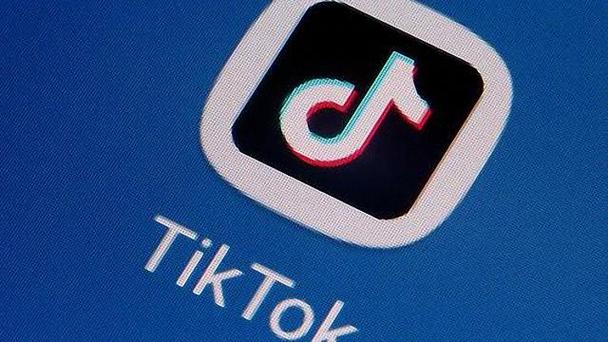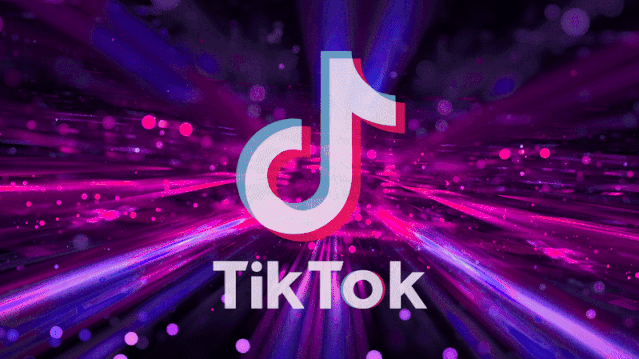TikTok Emerges as Unexpected Tool for Mental Health Support
(Tiktok Has Become A Tool For Mental Health Self-Regulation)
A growing number of users now turn to TikTok to manage stress, anxiety, and other mental health challenges. The platform, known for short videos, has seen a rise in content focused on mindfulness, coping strategies, and emotional well-being. Experts note this shift reflects a broader trend of social media becoming a space for self-help and community support.
Recent data shows over 45% of TikTok users interacted with mental health-related content in the past year. These videos range from quick breathing exercises to personal stories about overcoming depression. Many creators share practical tips, such as grounding techniques or ways to identify emotional triggers. Viewers often comment that these posts help them feel less alone.
Mental health professionals acknowledge the potential benefits. Dr. Lisa Carter, a clinical psychologist, says short, relatable videos can make self-care feel more accessible. “People struggle to read long articles or attend therapy sessions sometimes. A 60-second video fits into daily life easily,” she explains. Some therapists even encourage clients to use the app as a supplementary tool.
Critics warn about risks. Not all advice shared on TikTok comes from credible sources. Misinformation about mental health remains a concern. Users sometimes encounter oversimplified solutions or content that glamorizes serious conditions. Platforms like TikTok have started adding content warnings and linking to verified resources to address this.
Hashtags like #MentalHealthMatters and #StressRelief now rack up billions of views. Many users say the app’s algorithm surfaces helpful content without them actively searching. Emma Ruiz, a college student in Texas, credits TikTok with teaching her panic attack management. “I saw a video about holding ice during anxiety spikes. It works for me. I wouldn’t have learned that otherwise,” she says.
(Tiktok Has Become A Tool For Mental Health Self-Regulation)
Mental health organizations are taking notice. Nonprofits like Mental Health America partner with TikTok creators to share accurate advice. The app’s role in mental health education continues to evolve. TikTok recently announced plans to expand its resource hub with input from clinicians. Future updates may include features to connect users directly with hotlines or local services.


